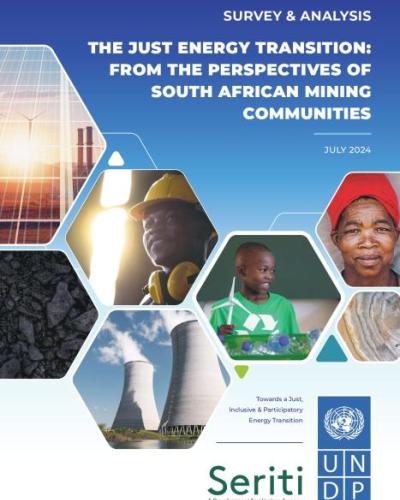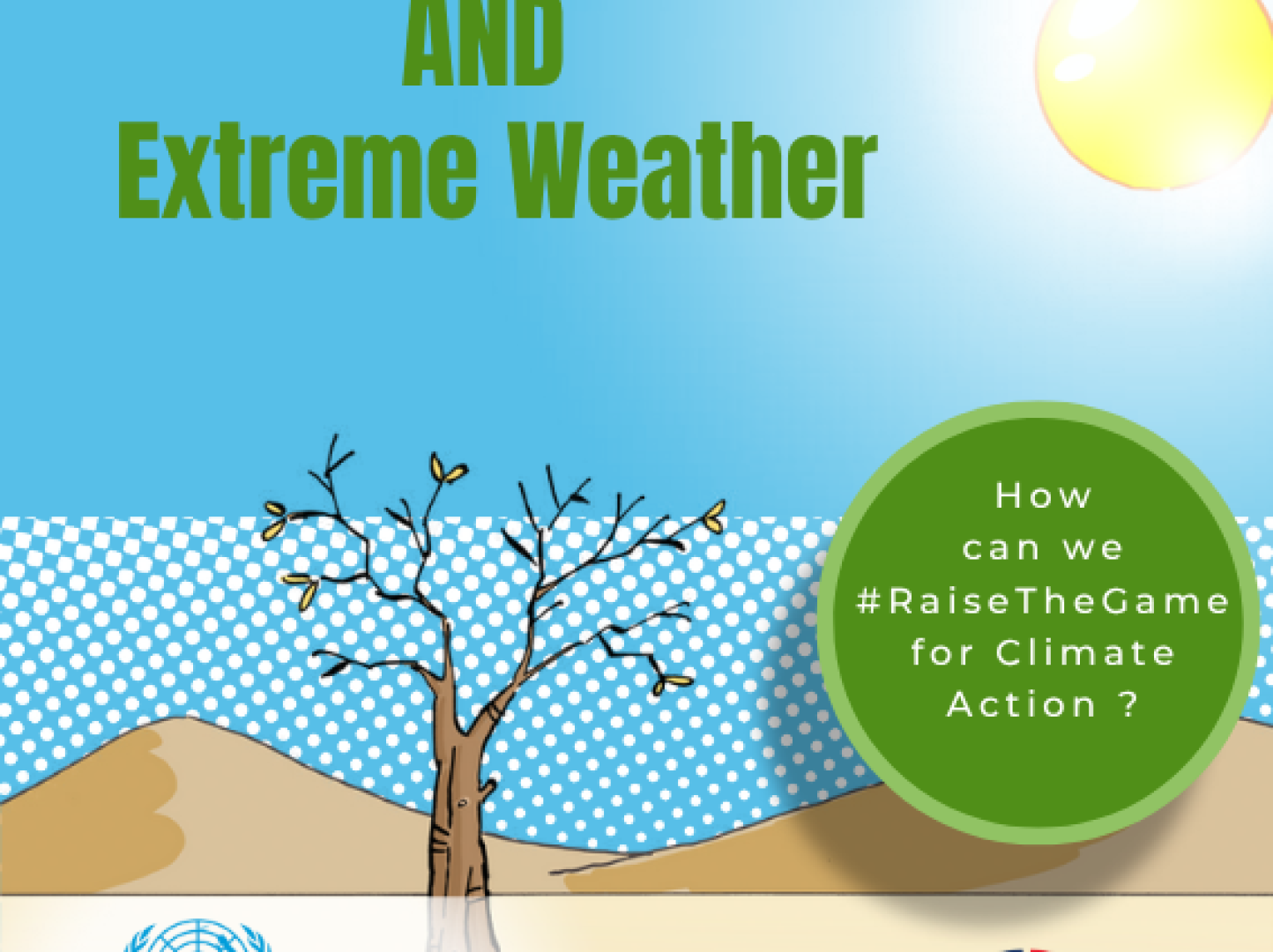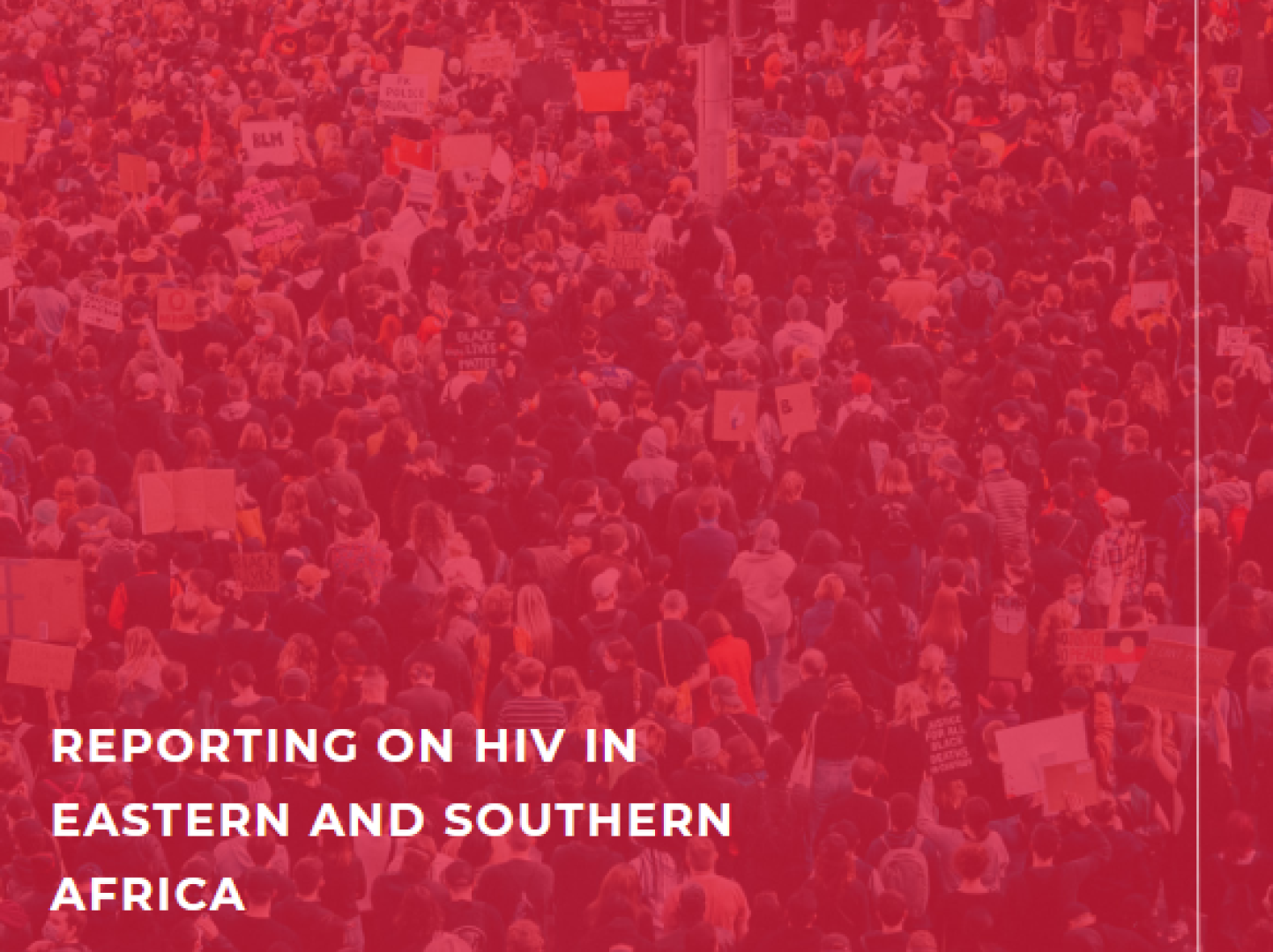The Just Energy Transition: From the Perspectives of South African Mining Communities

A key focus of this report is the inclusion of voices from coal mining communities, which have historically played a vital role in South Africa's economic development. The transition to renewable energy presents challenges for these communities, including potential job losses and economic disruptions. By engaging these communities in meaningful dialogues, the report seeks to ensure that their unique challenges and aspirations are understood and addressed.
The report gathered data from 10,000 respondents across coal mining communities in Mpumalanga, Limpopo, Free State, and KwaZulu-Natal. The data collection model provided short-term work opportunities and skills development to local community members, with 67% of data collectors being women and 86% youth. This approach also ensured the collection of data in local languages, fostering trust within communities.
South Africa ranks among the top 30 countries globally most vulnerable to the effects of climate change. With average temperatures increasing by approximately 1.5 degrees Celsius since the beginning of the 20th century, the country is experiencing extreme weather events such as prolonged droughts, heavy rainfall, and wildfires. These climate impacts pose severe threats to agriculture, water resources, and natural ecosystems, with vulnerable communities bearing the brunt of these changes.
In addition to being highly susceptible to climate change, South Africa is also a significant contributor to global greenhouse gas emissions, ranking 14th globally and as the largest emitter on the African continent. In 2021 alone, the country emitted approximately 420 million metric tons of CO2 equivalent. The recent Intergovernmental Panel on Climate Change report underscores that South Africa accounts for about 1% of the world’s greenhouse gas emissions, a considerable share given the country's limited resources.









